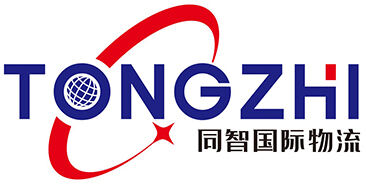 ×
×
Efficient supply chain management depends on logistics services that involve transport, storage and distribution. This article examines main services, benefits, challenges and technological breakthroughs within the logistics industry.
Key Logistics Services
Transportation: It helps in moving goods by air, sea, land or train with assurance of reaching their global destinations at the correct time.
Warehousing: Inventory optimization occurs through storage solutions placed strategically for effective distribution centers.
Distribution: Optimized routes and logistic networks guarantee quicker delivery of goods to consumers.
Benefits of Efficient Logistics
Cost Savings: Streamlined operations lower overhead costs and improve budgeting.
Customer Satisfaction: On-time delivery and accurate order filling build customer loyalty and satisfaction.
Market Expansion: Stable business growth is supported through reliable logistics network that offers access to global markets.
Challenges in Logistic Services
Supply Chain Disruptions: External factors such as natural calamities or political unrest affect effectiveness of supply chains.
Inventory Management: Inventory balancing based on demand while minimizing overstocking and storage expenses.
Technological Integration: Real-time tracking systems using AI alongside IoT has been a technological trend in this area
Technological Advancements
Blockchain: Transparently enhances security in supply chain transactions thereby reducing fraud cases as well as errors
Automation: From picking to packing, it eases the processes within warehouses thereby increasing efficiency
Data Analytics: Giving insights for informed decision making thus optimizing routes and resource allocation
Conclusion
Modern supply chain management relies heavily on logistics services which involve transporting goods from one place to another through warehousing and distribution channels.Through strategic alliances with other companies ad advancements in technology however, businesses can boost productivity, cut costs and meet the changing requirements of world markets efficiently.


